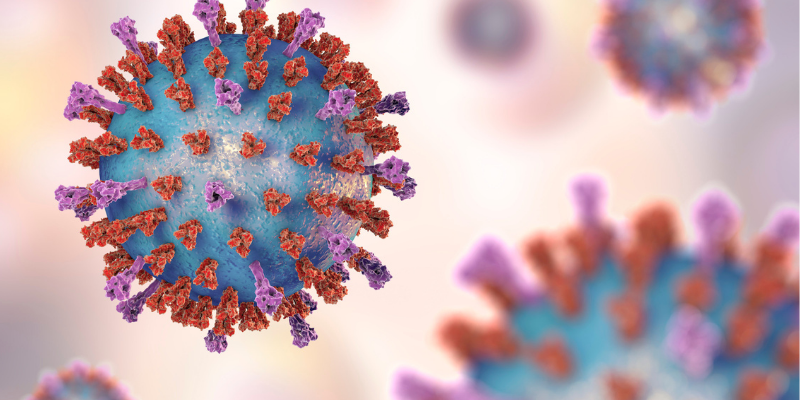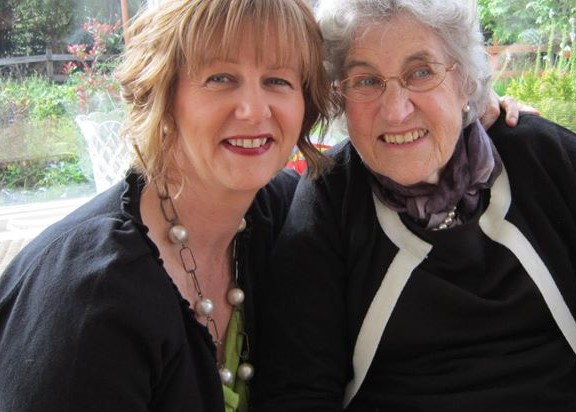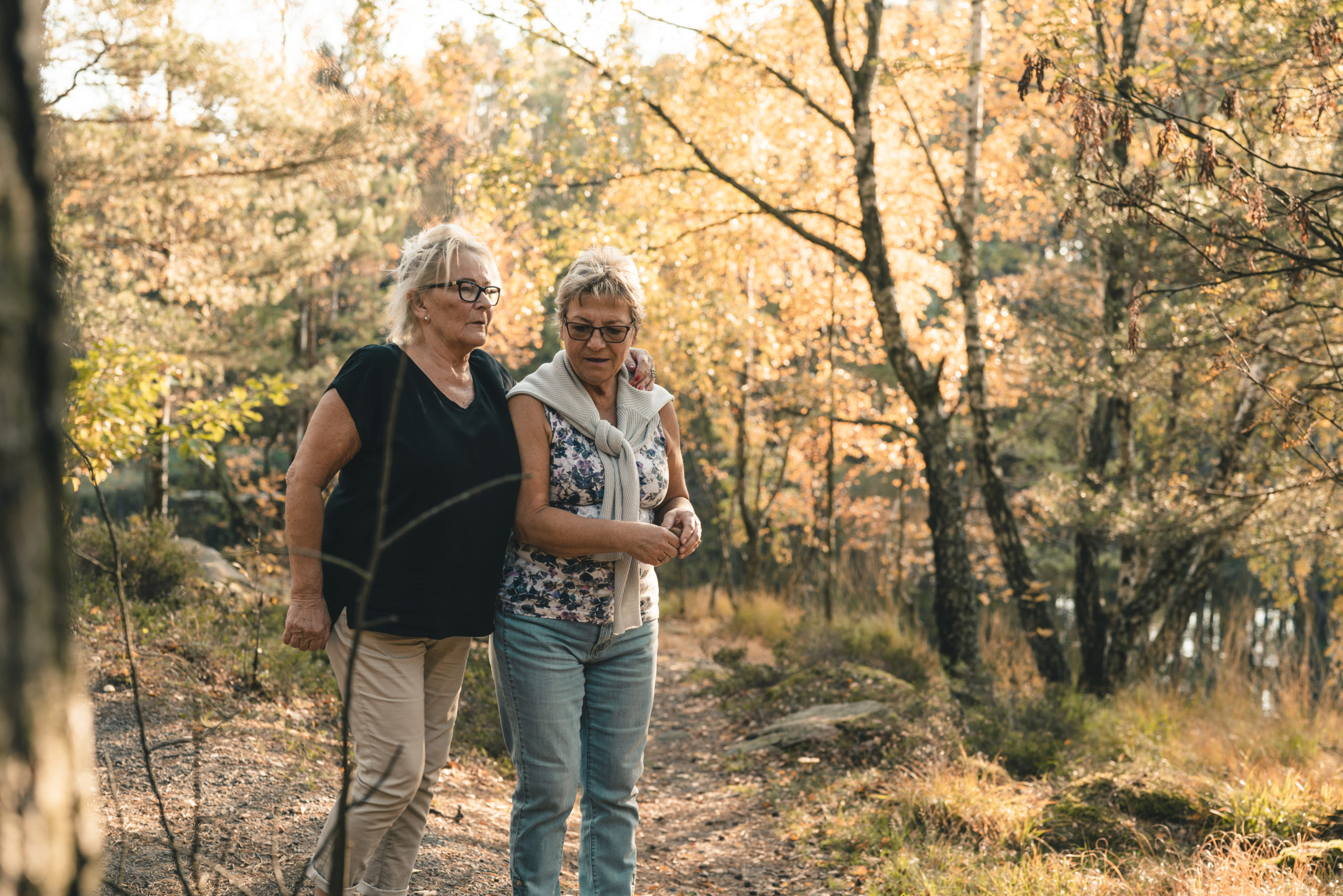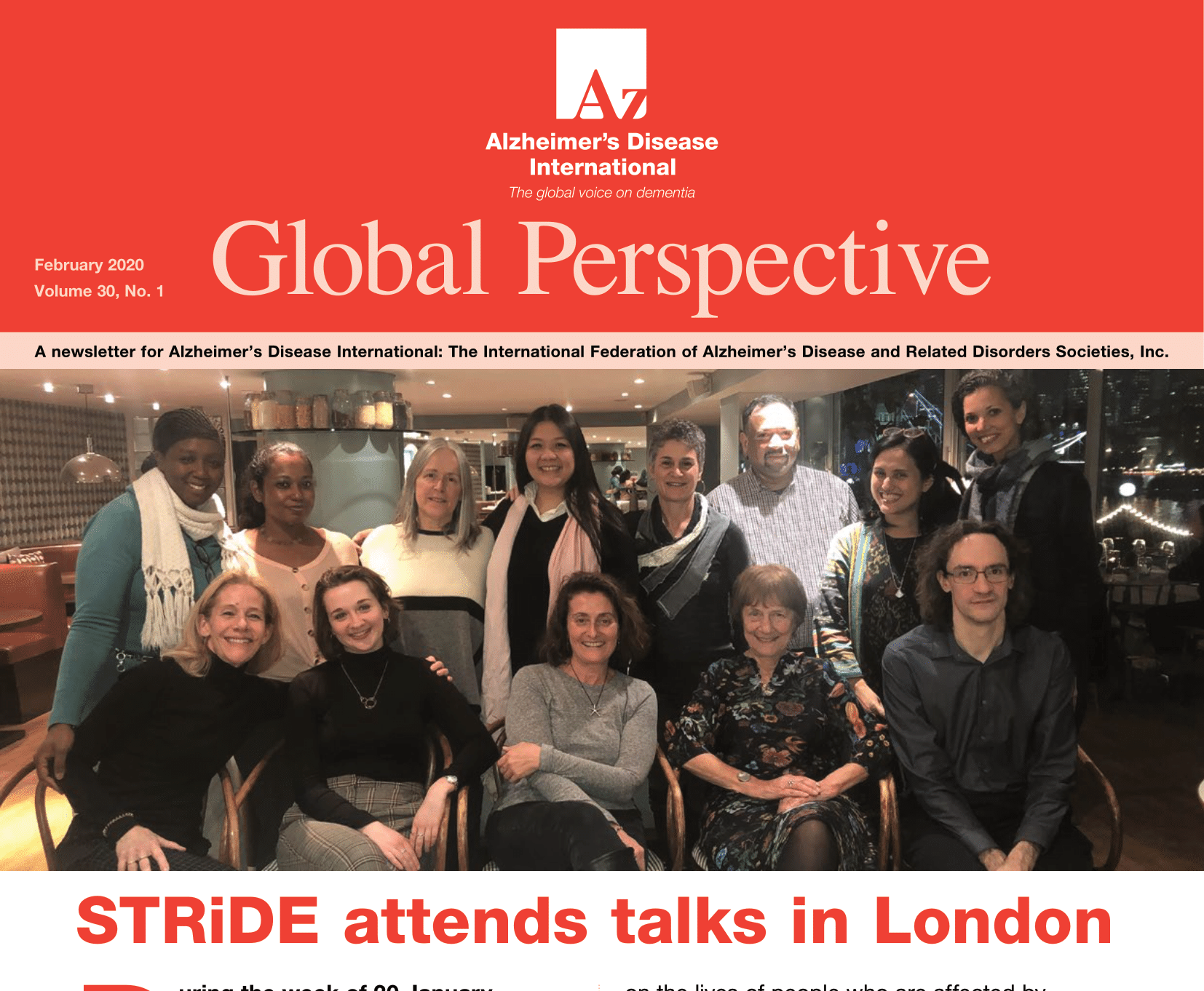
UN Member States recognise dementia as a leading NCD
After two years of dedicated and persistent advocacy by ADI, dementia will, for the first time, be formally recognised within the new UN Political Declaration on noncommunicable diseases (NCDs) and mental health, as a leading NCD.








